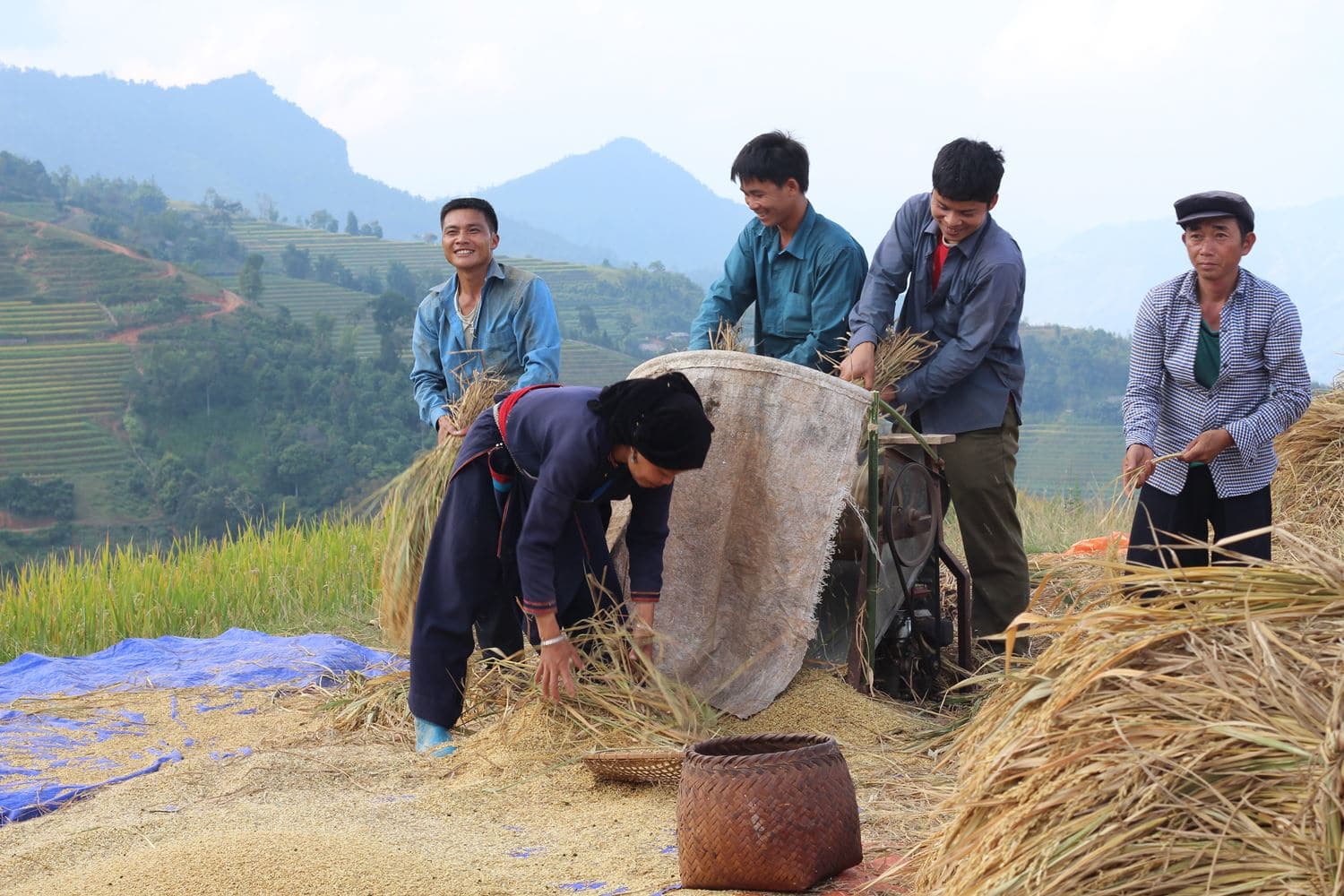Experience Vietnam’s hidden gems with VRTO, an Aadasia Group initiative, where authentic cultural adventures and responsible tourism come together in community-driven journeys.
We start by sustaining the effective operation of CBT groups invested by HELVETAS Vietnam/CRED in Ha Giang and Cao Bang provinces through market chain development, coordination, quality control and customer care, and then continue to replicate in other localities. We ensure that these CBT groups provide good services and achieve sufficient tourism revenue to be shared fairly with the local community.
We are aiming to become the leading platform to support CBT development in Northern Vietnam and in remaining areas of Vietnam.
VRTO’s CBT social enterprises can self-finance after the third year by selling CBT services and packages to TOs / FIT, offering CBT business training station, consultancy services and through the collection of CBT member fees.


Experience Vietnam’s hidden gems with VRTO, an Aadasia Group initiative, where authentic cultural adventures and responsible tourism come together in community-driven journeys.

